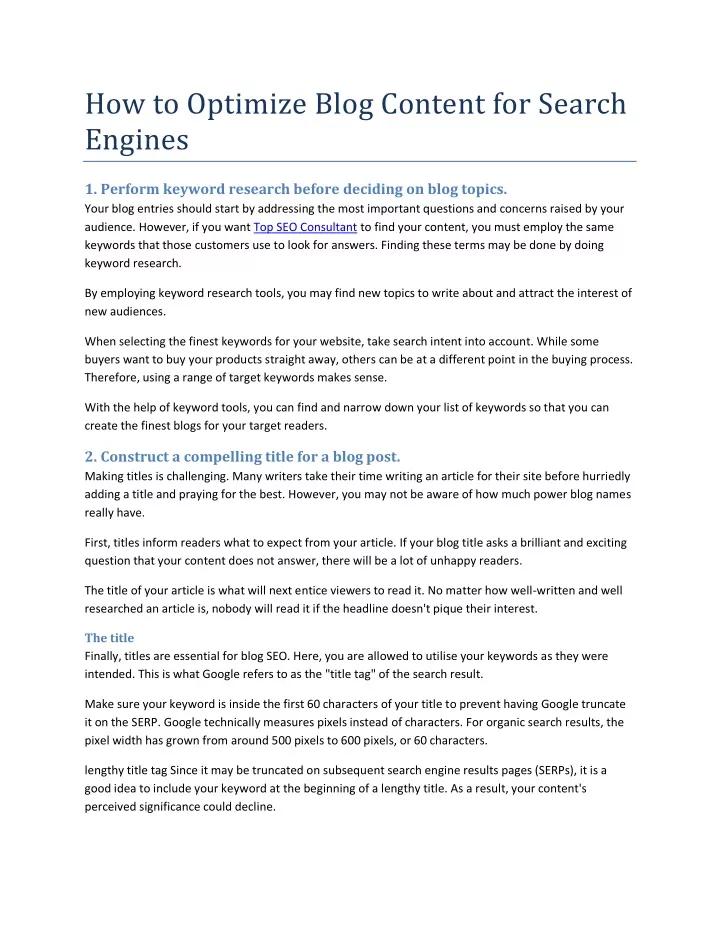Guinea-Bissau’s Trailblazing Digital Healthcare Revolution: Setting a New Standard for West Africa
Guinea-Bissau is embarking on an ambitious journey to revolutionize its healthcare system by harnessing the power of digital technology. Confronted with resource constraints and a fragmented medical infrastructure, the government has initiated a comprehensive program to embed advanced digital solutions into everyday healthcare delivery. This transformation includes expanding telemedicine services to reach underserved rural communities and implementing electronic health records (EHRs) that enhance patient care coordination. As Guinea-Bissau positions itself as a pioneer in modern healthcare within West Africa, this article explores the nation’s innovative strategies and how they could serve as an inspiring blueprint for neighboring countries grappling with similar health sector challenges.
Digital Healthcare Transformation in Guinea-Bissau: A New Era Begins
Guinea-Bissau is making remarkable strides toward modernizing its healthcare framework through the adoption of cutting-edge digital technologies. Central to this initiative are electronic health records, telehealth platforms, and mobile applications designed to bridge disparities between urban centers and remote regions. By embracing these tools, the country aims not only to elevate patient care quality but also optimize operational workflows within medical facilities nationwide.
To ensure success, partnerships have been forged with leading technology companies alongside international development agencies committed to building a resilient and scalable digital health ecosystem tailored for Guinea-Bissau’s unique context.
Key pillars of this transformation include:
- Telemedicine Networks: Facilitating virtual consultations that reduce travel burdens for patients living in isolated areas.
- Mobile Health Solutions: Enabling real-time collection and analysis of public health data critical for disease surveillance and management.
- Capacity Building Programs: Equipping healthcare workers with skills necessary to effectively utilize new technologies through targeted training initiatives.
Additionally, authorities have implemented robust monitoring frameworks aimed at assessing these interventions’ impact using data-driven insights-guiding future policy refinement. This proactive approach positions Guinea-Bissau as an emerging leader in regional healthcare innovation capable of inspiring replication across West Africa.
Assessing Telemedicine & Mobile Health Impact on Healthcare Access
The integration of telemedicine services alongside mobile health applications is reshaping how Guinean citizens receive medical attention-particularly benefiting populations residing far from traditional clinics or hospitals. These advancements offer several tangible advantages:
- Easier Access: Patients can now connect remotely with qualified practitioners without enduring long journeys over challenging terrain.
- Cost Savings: Reduced transportation expenses encourage more frequent follow-ups improving continuity of care.
- Health Awareness Boost: Interactive apps disseminate vital information about preventive measures, vaccinations, nutrition, and chronic disease management directly into users’ hands.
A recent rollout features a user-friendly mobile application enabling appointment scheduling, medication reminders via SMS notifications, and access to educational content covering topics such as malaria prevention-a leading cause of morbidity in the region according to WHO statistics showing over 200 million cases annually across sub-Saharan Africa.
Collaboration between government bodies and tech innovators ensures secure handling of sensitive patient data while providing ongoing support through professional training programs focused on maximizing technology benefits within clinical settings.
| Initiative | Description | Tangible Benefits |
|---|---|---|
| Virtual Consultations via Video Calls | A platform connecting patients remotely with doctors or specialists | Simplifies communication; reduces missed appointments due to travel difficulties |
| M-Health Applications | User-centric apps facilitating appointment bookings & personal health tracking | Powers greater engagement; encourages proactive self-care habits |
| Disease Prevention Education Programs | Diverse multimedia resources promoting public awareness campaigns digitally delivered | Elevates community knowledge; supports early detection efforts |
Strategies for Expanding Digital Health Across West African Nations
For broader adoption throughout West Africa’s diverse contexts, governments must prioritize strategic collaboration among stakeholders including public institutions, private tech enterprises, NGOs specializing in global health innovation-and local communities themselves. Such alliances foster knowledge exchange while tailoring solutions responsive to cultural nuances.
Critical focus areas include:
- Cultivating partnerships that leverage indigenous expertise alongside technological advancements;
- Pursuing investments targeting infrastructure improvements like broadband internet expansion especially outside urban hubs;
- Catalyzing workforce development by offering continuous education programs enhancing digital literacy among frontline providers;
- Create intuitive platforms simplifying clinical workflows such as patient record management systems accessible even by non-specialist staff;
- Nurturing environments conducive for sharing best practices gleaned from pilot projects or successful implementations elsewhere within the region.
Sustained commitment towards these objectives will underpin scalable models capable not only of addressing immediate service gaps but also strengthening resilience against future public health emergencies-as demonstrated during recent outbreaks where rapid information dissemination proved crucial.
Looking Ahead: The Promise Embedded in Guinea-Bissau’s Digital Health Journey Â
In summary, Guinea-Bissau’s deliberate push towards integrating digital technologies into its national healthcare system represents more than just modernization-it signals hope amid persistent challenges related primarily to accessibility disparities and resource limitations prevalent throughout much of West Africa.
By championing innovation through telehealth expansion combined with robust capacity-building efforts supported by strategic partnerships-the country sets forth an exemplary path other nations might emulate.
Success hinges upon continued investment coupled with transparent evaluation mechanisms ensuring adaptability over time.
As regional neighbors observe these developments closely-with some already initiating similar reforms-the ripple effect could usher transformative change continent-wide.
Ultimately,the growing role played by technology promises enhanced equity along with improved quality standards essential for sustainable progress toward universal health coverage goals outlined by global entities like WHO.







